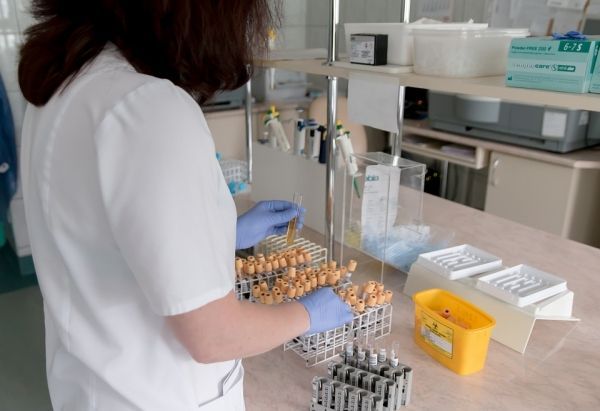In combination with the current prostate specific antigen (PSA) test, the new test could help men avoid unnecessary and invasive biopsies, over-diagnosis and over-treatment.
Prostate cancer is the most common cancer in Western men, with 1.3 million new cases being diagnosed each year worldwide. It is currently detected using a blood test that measures PSA levels. Although it provides early diagnosis, the PSA blood test has a low specificity (high false positives) with about 75 per cent of all PSA positive results ending up with negative biopsies that do not find cancer.
When a high PSA level in the blood is detected, the patient undergoes a tissue biopsy of the prostate gland, which is invasive and carries a significant risk of bleeding and infection. On biopsy, the majority of patients with elevated PSA levels are found not to have cancer.
Additionally, most diagnosed early-stage prostate cancers are not fatal if left untreated. The current practice of the combined PSA test and biopsy for prostate cancer therefore results in unnecessary biopsies and over-diagnosis and overtreatment of many men.
Read more at Queen Mary University of London
Photo Credit: jarmoluk via Pixabay


